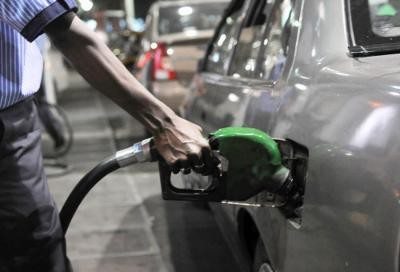India has already set sail towards an ambitious electric future for its transportation. However, in the current state, Diesel prices have soared in the country, peaking in Delhi and touching three-year highs in Kolkata and Chennai. The upward curve is a result of a surge in crude oil prices which have been moving up backed by increased demand and production cuts led by OPEC and Russia. The current Government has clarified that it is ready to bring fuel prices under the ambit of GST, but the process will require the agreement of all the states which generate a lot of revenue from taxes on fuel.
Pump prices for diesel have hit Rs 59.31 per litre in Delhi and Rs 61.97 and Rs 62.48 per litre in Calcutta and Chennai respectively. These prices are the highest since September 2014, according to information available on the website of Indian Oil Corp and the source of this report. The price in Mumbai was Rs 62.75 a litre, highest since October 3. On the other hand, petrol prices in Delhi, Kolkata and Chennai were the highest since November 16.
Earlier, diesel and petrol prices had risen sharply due to a shutdown of refineries in the United States, which was caused by hurricanes. To offset the hike, the Central government had cut excise duties by Rs 2 per litre for petrol and diesel each from October 4. Some states such as Maharashtra and Gujarat responded to the Centre’s request to cut local duties and reduced VAT on petrol and diesel. As a result, in these states, price rise has been slower.
While taxes comprise for about half the price we pay for every litre of fuel at a pump, state companies revise fuel prices daily according to the average of the trailing 15 days’ international rates. The surge in fuel prices has followed a rapid rise in international crude oil rates which have gained 42% in six months to $65 a barrel at present. Key oil producers, led by oil cartel OPEC and Russia, have recently agreed to extend oil output cuts until the end of 2018, in order to clear a supply glut that caused oil prices to crash in mid-2014. The producers have agreed to cut supply by about 1.8 million barrels per day to boost prices. Until fuel comes under the ambit of GST and a correction happens, don’t expect prices to go down too soon.
With Inputs from: ET


